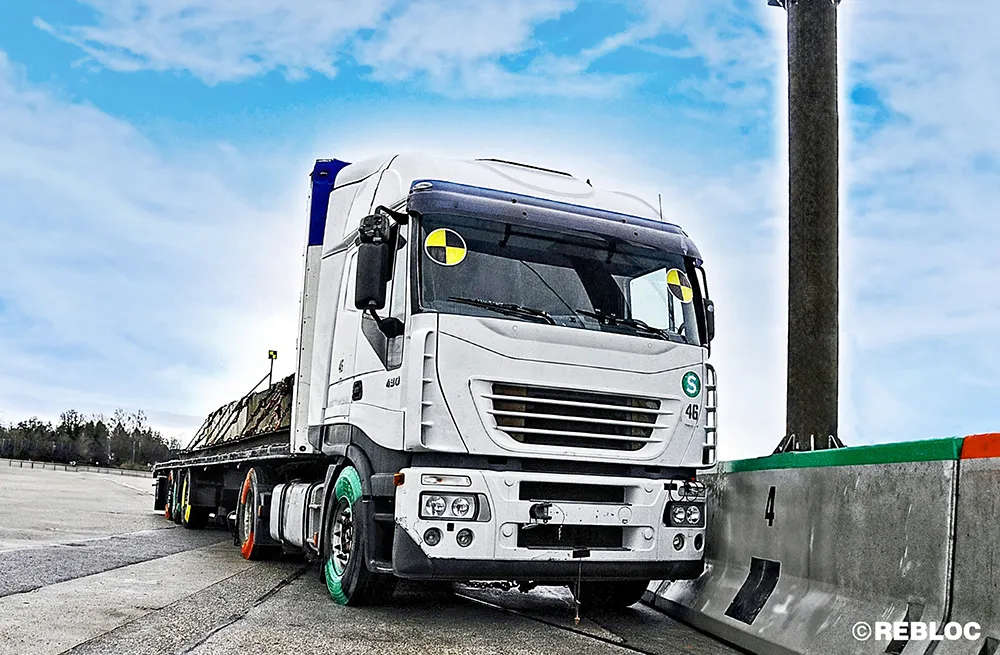Called The Motorway to Motorway (M2M) metering pilot scheme, it combines variable mandatory speed limits on the M62 and metering using traffic signals between the M6 to M62 eastbound to make best use of the available road capacity. These are set to respond to prevailing traffic conditions, with information displayed on overhead gantries, using advanced motorway indicators and variable message signs. MM has developed algorithms to coordinate the separate systems. Where no mandatory speed restriction is displayed the national speed limit will apply.
Stuart Scott, MM, project principal, said: “Highways England is committed to building upon the success of its existing smart motorway programme. The M2M scheme increases the resilience of the overall network, with the benefit to the road user of smoother traffic flows, improved journey times and increased quality of information provided.”
“By utilising the latest technologies and making use of the existing capacity of the link roads, the M2M scheme is a lower cost solution than conventional widening programmes. Additionally, it does not require additional road-space, leading to a low environmental impact during construction while delivering a positive impact during operation,” Scott added.
Mott MacDonald designed M2M metering scheme begins testing
Mott MacDonald (MM) has designed a Highways England scheme to smooth traffic flows, reduce queues and to combat eastbound congestion on the M62's junction 10 and 11 as well as traffic joining the motorway from the M6 northbound and southbound link roads. The project will operate during 2018 and be monitored to evaluate the benefits. Called The Motorway to Motorway (M2M) metering pilot scheme, it combines variable mandatory speed limits on the M62 and metering using traffic signals between the M6 to M62
December 20, 2017
Read time: 2 mins










